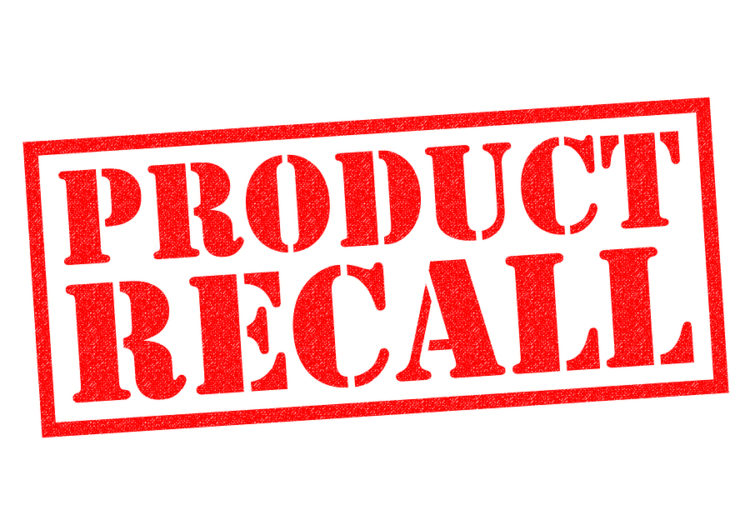
Recalls cost food companies an average of $10 million in direct costs alone. That includes the cost of alerting retailers, pulling products, and storing or disposing of contaminated products, as well as lost sales, government fines, and litigation.
But direct costs aren’t the only damages a company can sustain. A recall can deal a huge blow to brand reputation, which in some cases can put the company out of business. A Harris Interactive poll found that over half of consumers would switch brands temporarily after a recall, and 15% said they’d never purchase from the company again.
How can companies protect themselves from these types of consequences when a recall does happen?
One thing they can do is to act as quickly as possible. According to a FoodLogiQ survey, consumers expect recalls to be resolved within 1 to 2 days. This isn’t always easy, especially with the complex web of logistics and communications in which food companies operate.
Dean Wiltse, CEO of software company FoodLogiQ, said:
“When faced with a recall, supplier, stakeholder, and internal communications suffer because processes are still manual. For example, it requires a great deal of time to manage recall notifications, whether through phone calls from internal employees, call center alerts, or emails. A recall or stock withdrawal process must be completed quickly, and it must be documented. This is difficult when so many parties are involved.”
That’s why FoodLogiQ developed Recall + Response, a cloud-based software to help food companies develop a recall response plan. The software provides food manufacturers with a single source for all the information they need during a recall.
Here are some of the things Recall + Response enables companies to do:
- Create workflows and withdrawal templates. Companies can prepare in advance by defining and creating withdrawal templates for common recalls and stock withdrawals. That way, when an incident occurs, they are ready to tackle it right away.
- Centralize and simplify communication. Manufacturers can move from managing processes through paper, spreadsheets, and emails to a single source of truth. Companies can also customize communications, like phone calls, text messages, and emails, according to the contact or location. If needed, they can build in an automated escalation if no action is taken by that contact or location in a specified timeframe.
- Make decisions based on real-time data. A centralized dashboard provides real-time data about the recall, so the company can make better decisions and ensure all issues are addressed in a timely matter.
- Document the entire process. Manufacturers can document their recall process to identify strengths and weaknesses, and also to have records for communicating with the FDA.
Companies can also use the software for greater traceability across their supply chain, which can help them save on some of the direct costs noted earlier. “Users can see the entire path that the food takes and make precise withdrawals when problems arise,” says Wiltse. “Without traceability, it’s difficult to identify the affected product. Companies often have to destroy more product than needed, leading to costly recalls and unnecessary food waste.”
Even when companies have the highest food safety standards in place, recalls can still happen. Technologies like Recall + Response help companies streamline their processes and communication surrounding a recall, so they can minimize the damage as much as possible.
Want to learn more about how food companies are using new technologies? Check out our articles on robots, blockchain, and the Internet of Things.







